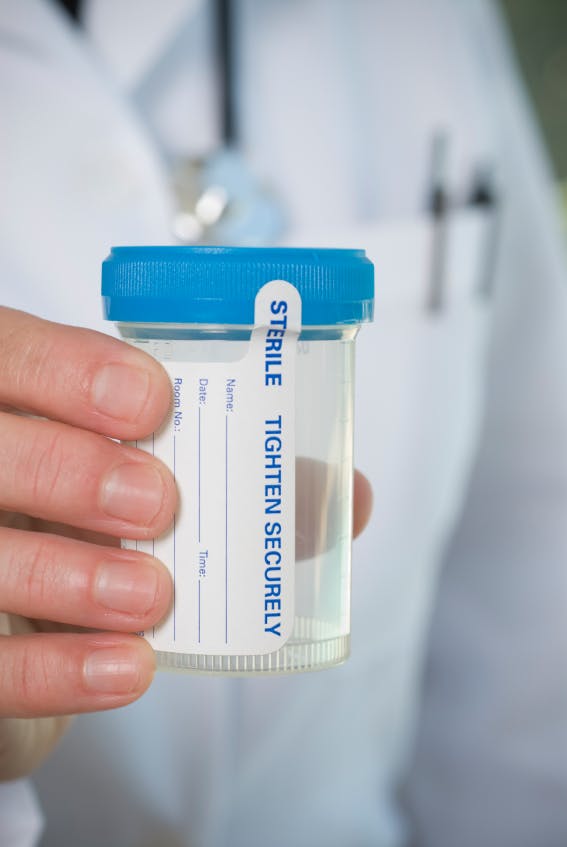While the majority of employers across the U.S. are not required to drug test their employees, many private companies have the right to conduct drug testing as part of their hiring process.
Having an effective drug testing program in place can help create a safer and more productive workplace for everyone. Unfortunately, there are some common mistakes employers make when implementing an employee drug testing program that can lead to legal trouble.
Here are a few of the most frequent mistakes employers make:
1. No clearly defined rules
In order to create an effective employee drug testing program, rules must be clearly defined and communicated to employees. A lack of clearly defined rules can lead to inconsistent administration of drug testing.
Without consistency, drug testing programs lose their effectiveness – and thus open the door to employee drug use that can have detrimental effects on the workplace.
2. Lack of legal compliance
Managing a drug testing program is a complex task. Most companies don’t intentionally evade laws, but noncompliance often happens by mistake.
This is because drug testing laws and regulations vary by state and industry, making compliance a complicated matter. In order to have an effective – and legal – drug testing program in place, employers must be aware of and stay updated on all relevant laws and regulations.
The U.S. Department of Labor recommends employers consult with legal advisors to ensure that they comply with any applicable state or local laws and design their testing programs to withstand legal challenges. More detailed information about drug testing is available from the Drug and Alcohol Testing Industry Association and the Substance Abuse Program Administrators Association.
3. Drug screening is not comprehensive
While many employers conduct pre-employment drug screening, significantly fewer conduct random drug tests of employees once hired.
Lack of comprehensive drug screening opens the door for employee drug use after completion of the hiring process, thereby exposing the company to significant risk.
4. Poor test choice
Drug screening programs are only as effective as the drug tests used in the process. There are many types of drug tests available, and employers must carefully consider which test is the best fit for their program.
Factors employers should consider when selecting a test include: cost, time it takes to administer the test, length of time before results are available and specific drugs the test detects.
This was originally published on the Genesis HR Solutions blog.
